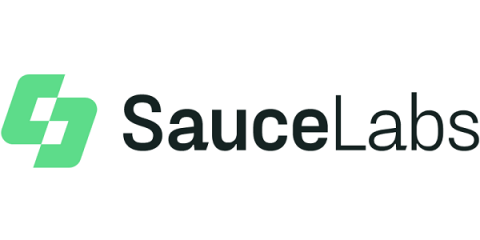Systems | Development | Analytics | API | Testing
Testing
Understanding Keploy Go SDK in Detail | SDK Contribution Guide for Java/Js/Ts/Python Contributors
Webinar: How a game developer uses Xray to manage tests for Playstation, Xbox & Nintendo
Understand API Load Testing vs. API Performance Monitoring
With over a billion more mobile devices projected to become connected over the next year, it’s never been more important to ensure SLA performance and functional reliability for business-critical APIs. While QA, development, and SRE teams have traditionally relied on API load testing and uptime or ping monitors to mitigate performance risk, too many companies have felt the pain of APIs, mobile apps and web platforms failing under stress or unexpected traffic patterns.
What Is Traceability?
What's New for Zephyr Enterprise: Better features for BDD, test automation, and Jira integration.
We’ve been hard at work over the past year with new features every month, and we’re super excited to tell you about the new capabilities. Our product roadmap focus has been relentless. Helping your teams get: All of this while making Zephyr Enterprise more scalable and secure for your teams. We know how important these themes are, and we’re committed to meeting Enterprise teams where they’re at, and getting them to where they’re going.
Ensuring Assurance for Sophisticated Order Management Systems in Capital Markets
Major markets, such as the United States of America, Hong Kong, the United Kingdom, Japan, Singapore, and Australia, continue to follow the T+2 settlement cycle. However, in different jurisdictions, the talk about moving towards a T+1 settlement cycle is gathering momentum. In February 2021, the United States DTCC (Depository Trust & Clearing Corporation) released a two-year industry roadmap for shortening the settlement cycle for US equities to one business day after the trade is executed (T+1).
The Perils of Parallel Testing in Ruby on Rails
Have you ever heard someone complain about their tests being too fast? Me neither. Fast tests mean fast feedback. Whether you run them locally or in a continuous integration pipeline, the earlier your tests finish, the earlier you can react to failures and improve your code. Besides the productivity gains, it is well known that slow tests make developers grumpy. Nobody likes their developers grumpy. With all that said, creating a lightning-fast test suite isn't always as easy as you'd hope.
Automated Smoke Testing: Everything You Need to Know
In software testing, smoke tests are a small set of end-to-end tests that make sure the most essential functions of an application or website work properly. Many software teams run a smoke testing suite of 10 to 15 tests as a preliminary step before running an entire regression suite (which could have anywhere from 50 to 500+ tests) to make sure the app is stable enough to merit further testing.
Low code vs. No Code Testing Explained: Similarities and Differences
No code and low code test automation are becoming widely adopted and will help address the evolving challenges faced by businesses today. However, what is the difference between no code and low code? When is it useful for an organization to adopt? How useful are their capabilities? Will this dampen the need for skilled Automation Engineers, Software Development Engineers in Test (SDET), or traditional Quality Assurance (QA) Specialists?










